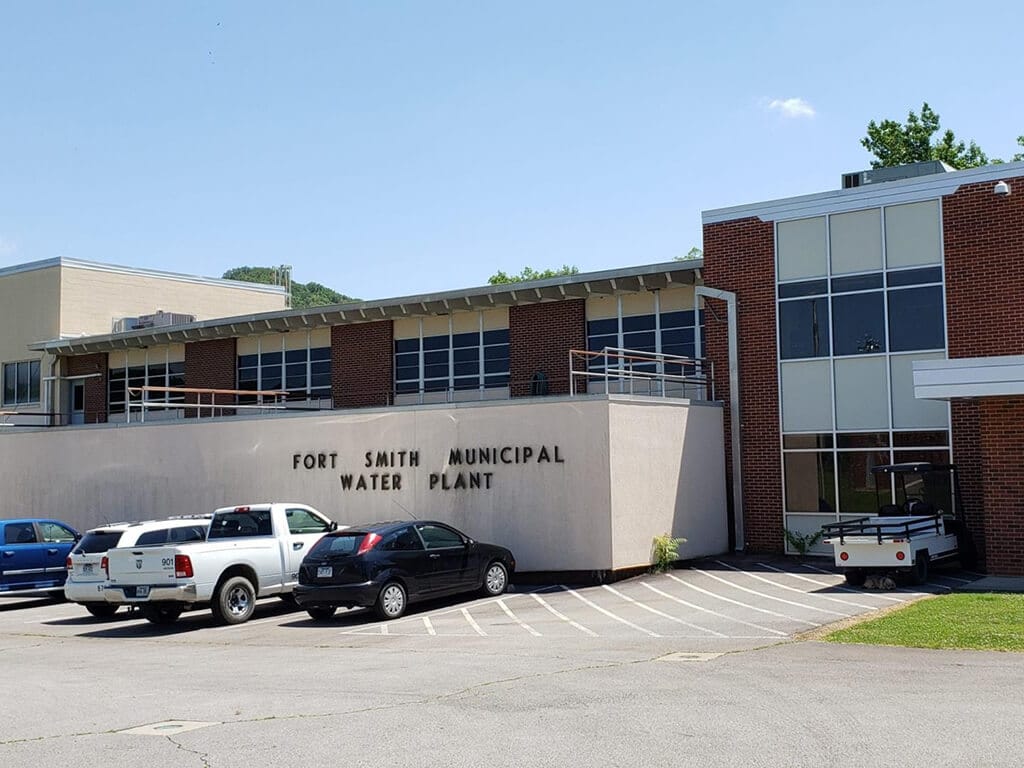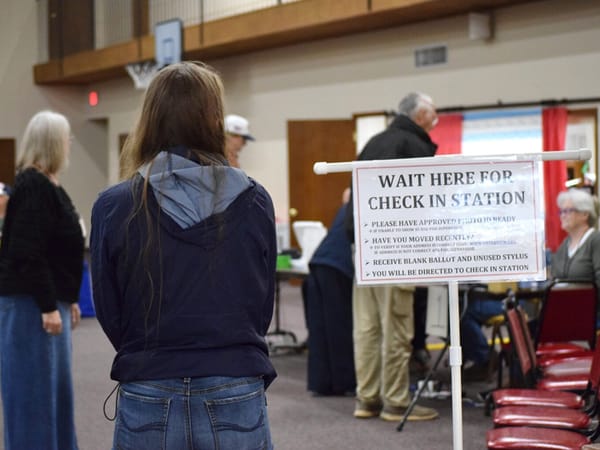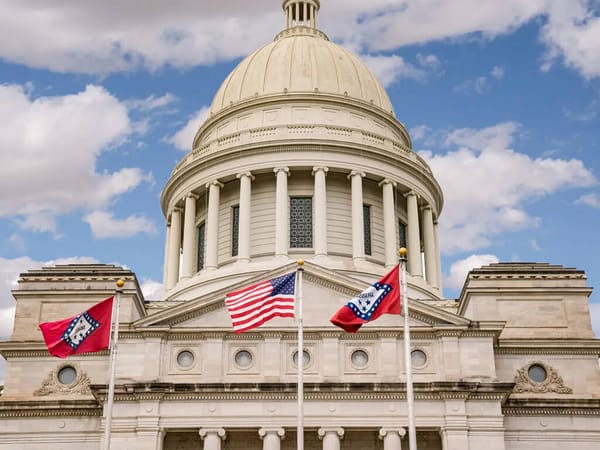Fort Smith’s $50 Million Push to Fix an Aging Sewer System
Fort Smith has approved nearly $50 million in sewer system upgrades, marking a significant move to tackle long-overdue repairs to its aging infrastructure under a federal consent decree.

Fort Smith is moving to repair decades of neglect beneath its streets. On November 4, the City Board of Directors approved $49.2 million to modernize the city’s aging sewer network, long strained by years of deterioration and limited upkeep. The decision moves forward the first major phase of work required under a federal consent decree issued in 2015 with the U.S. Department of Justice, the Environmental Protection Agency, and the Arkansas Division of Environmental Quality.
Decades of Deferred Maintenance Catching Up
City records show that Fort Smith’s newly approved sewer projects will repair or replace 75,350 linear feet of sanitary sewer pipe and 247 manholes. Construction is expected to begin in early 2026, marking the next step in the city’s long-term compliance plan under the federal consent decree.
Fort Smith entered the consent decree in 2014 after years of underfunding sewer maintenance caused frequent overflows and system failures. Total compliance costs are estimated to reach about $800 million, though the city has spent only around $200 million so far.
To fund the remaining work, voters in May 2024 approved a sales tax reallocation plan expected to generate $360 million over the next 30 years. The plan combines three key measures: reallocating a 0.75% sales tax first approved in 2022, with 0.125% directed to the Fort Smith Police Department; renewing a 1% street tax, dedicating 0.625% to streets, bridges, and drainage, with the remainder set aside for consent decree projects; and authorizing the city to issue bonds backed by the new tax revenue, an initiative supported by 66.35% of voters.
On September 23, the city sold $100.007 million in bonds. Strong market demand helped secure a lower interest rate, saving about $6 million in debt payments. Two other projects, one worth $17.741 million and another valued at $9.111 million, were tabled after bids came in much higher than expected. The larger project, covering an area near the main branch of the Fort Smith Public Library, was originally estimated at $11.084 million, while the north Fort Smith project was first projected at $5.191 million.
Former City Director Lavon Morton urged the board to delay both projects, pointing to the higher costs and recommending smaller, phased contracts to better align with local construction capacity. “By doing all these contracts at one time, maybe we are straining the local capacity. That’s something to consider,” Morton said. The board unanimously voted 7 to 0 to postpone both projects for further review during a future study session.
New Projects Won’t Raise Utility Bills
Acting City Administrator Jeff Dingman said the projects will not raise residents’ utility bills because they are funded through sales and use taxes rather than rate hikes.
He explained that the voter-approved tax revenue allows the city to move ahead with essential infrastructure upgrades without adding new financial strain on residents. The improvements, he said, are aimed at creating a cleaner and more dependable wastewater system. “The most direct impact will be eliminating sanitary sewer overflows and ensuring a safe, efficient wastewater system,” Dingman said. “That’s why residents approved the sales and use tax, and that’s exactly what we plan to deliver.”
Waterlines Also in Need of Help
Along with the city’s aging sewer network, Fort Smith’s waterlines are also in urgent need of repair. Both systems face similar challenges, with frequent breaks reported even in major lines.
In August, Fort Smith experienced a major waterline burst at the intersection of Phoenix Avenue and Leigh Avenue. The incident came just days after another break at North 14th Street and D Street, leading to significant water loss and growing frustration among residents.
According to city data at the end of October, 268 new leaks were reported, 170 leaks were confirmed as city issues, and 394 active leaks remained unresolved. Although the numbers show some improvement, the situation is still concerning.
Water Utilities Director Lance McAvoy said the recurring breaks stem from infrastructure that has long exceeded its intended lifespan. Installed in 1962, many of the city’s concrete lines have deteriorated over time as new roads, vibrations, and shifting soil take their toll. McAvoy estimated that several million gallons of water have been lost due to these failures.
He said that many of the galvanized pipes most prone to leaks have already been identified for replacement, but funding continues to limit how much can be done. The city has designs ready for the replacements but lacks the money to move them into construction. McAvoy added that available funds are not enough to cover all the needed proactive replacements, noting that there is “a lot more infrastructure than money to build it.” He said the department is trying to be careful and strategic, focusing on projects that deliver the most benefit for the cost.
For now, the city continues to respond to breaks as they occur, hoping that new investments will help prevent future incidents.
Looking Ahead
It is encouraging to see Fort Smith investing in its long-troubled sewer system, which has suffered years of neglect and damaged the city’s reputation. Yet the effort still needs stronger funding and a faster pace, as much of the work is already overdue. For now, city officials, engineers, and crews remain focused on one goal: building reliable, safe, and sustainable sewer and water systems for every resident.





